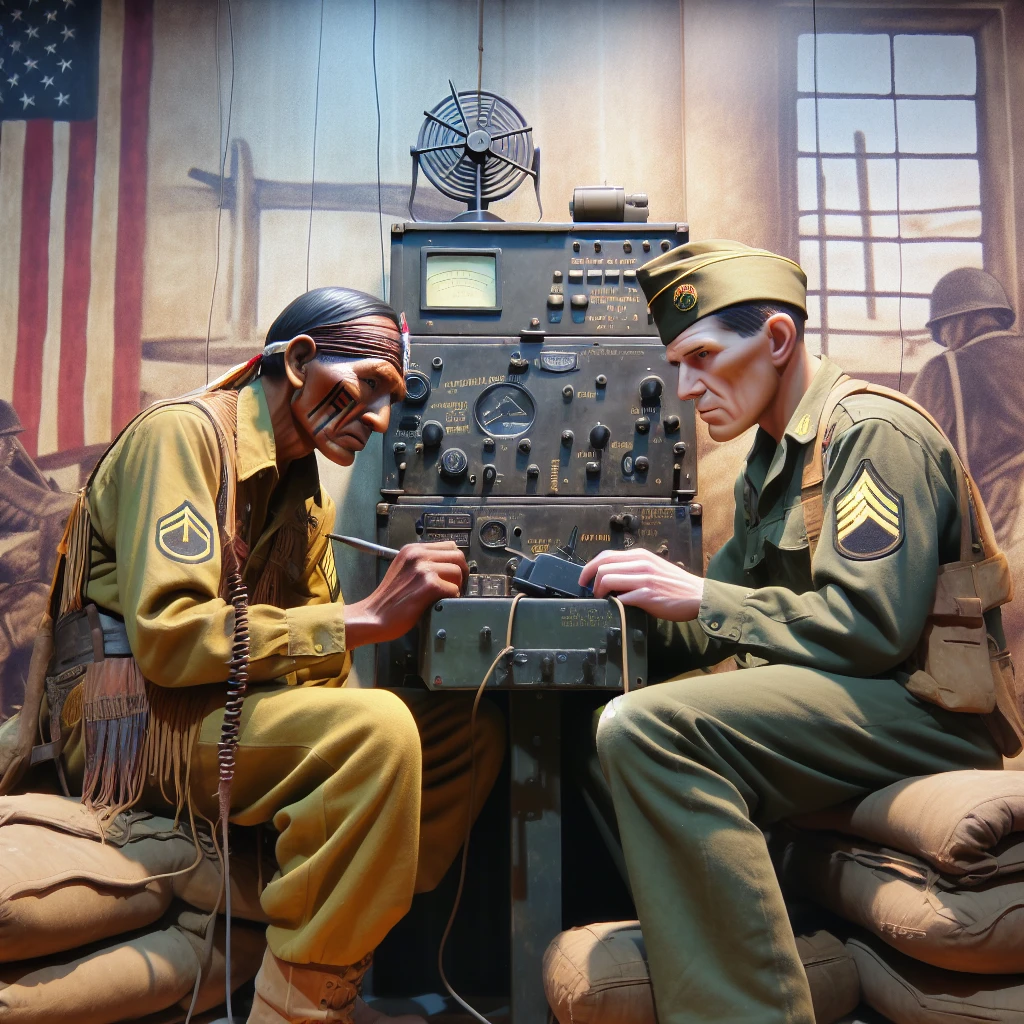Windtalkers: A Historical Perspective
World War II historian John McManus has expressed admiration for the depiction of a specific aspect in Nicolas Cage’s film, Windtalkers. In the movie, Cage portrays Sergeant Joe Enders, whose mission is to protect Private Ben Yahzee, played by Adam Beach. Yahzee is a Navajo code talker, one of the essential group of Navajo men who used their native language to transmit coded messages that were crucial to the Allied forces during the conflict.
In an Insider video, McManus evaluates the historical accuracy of the portrayal of Navajo code talkers in Windtalkers. He highlights that, aside from aiding the Allies in their Pacific operations, the code talkers were instrumental in creating confusion among Japanese forces—a point the film effectively illustrates. Though McManus acknowledges some historical inaccuracies and limitations in the movie, he appreciates its portrayal of the code talkers. Below are his insights:
Depiction of Code Talkers in Windtalkers
Adam Beach’s character represents a Navajo code talker using specific Navajo words for military terms, communicating these via radio, which sometimes included calling in artillery fire. This depiction only scratches the surface of the code talkers’ value, as their primary role often involved routine communication among command centers to mislead the Japanese.
A notable scene shows Japanese interception experts baffled by the code, and by 1944 in Saipan, they would have been aware of Native Americans playing such roles. However, understanding the language was a different matter.
While the film portrays Cage and other Marines as being too close to enemy fire, risking friendly-fire casualties, McManus notes this as a dramatic exaggeration. He rates the film a 7 out of 10 for its portrayal of code talkers as a force multiplier, recognizing that conveying their contribution in film is challenging but reasonably well-executed.
The Impact of Windtalkers
Historical & Critical Perspectives
Despite McManus’s approval, Windtalkers received mixed reviews, holding a 33% critical score and 50% audience score on Rotten Tomatoes. Critics commended the action sequences but criticized the shallow exploration of the code talkers’ story. Conversely, McManus valued the depiction of the code talkers, albeit finding the action sequences overly risky for dramatic effect.
These differing views underscore how a film like Windtalkers can be appreciated and analyzed on multiple levels, often not aligning. A film can highlight the historical significance of a particular element while failing to present a cohesive narrative. Similarly, an action sequence can be both thrilling and unrealistically portrayed. Such layers make Windtalkers worth re-examining and debating even years after its release.
Our Take On Windtalkers
The 2002 Movie Was An Important Step Forward
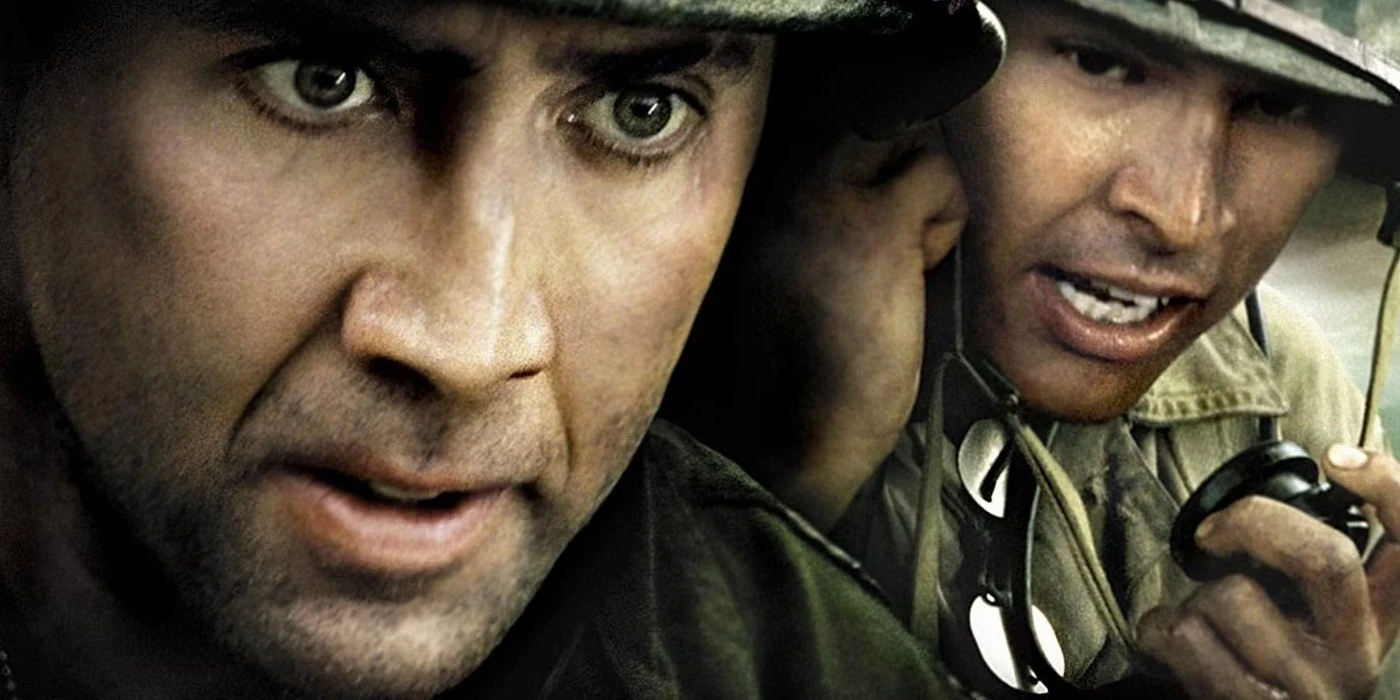

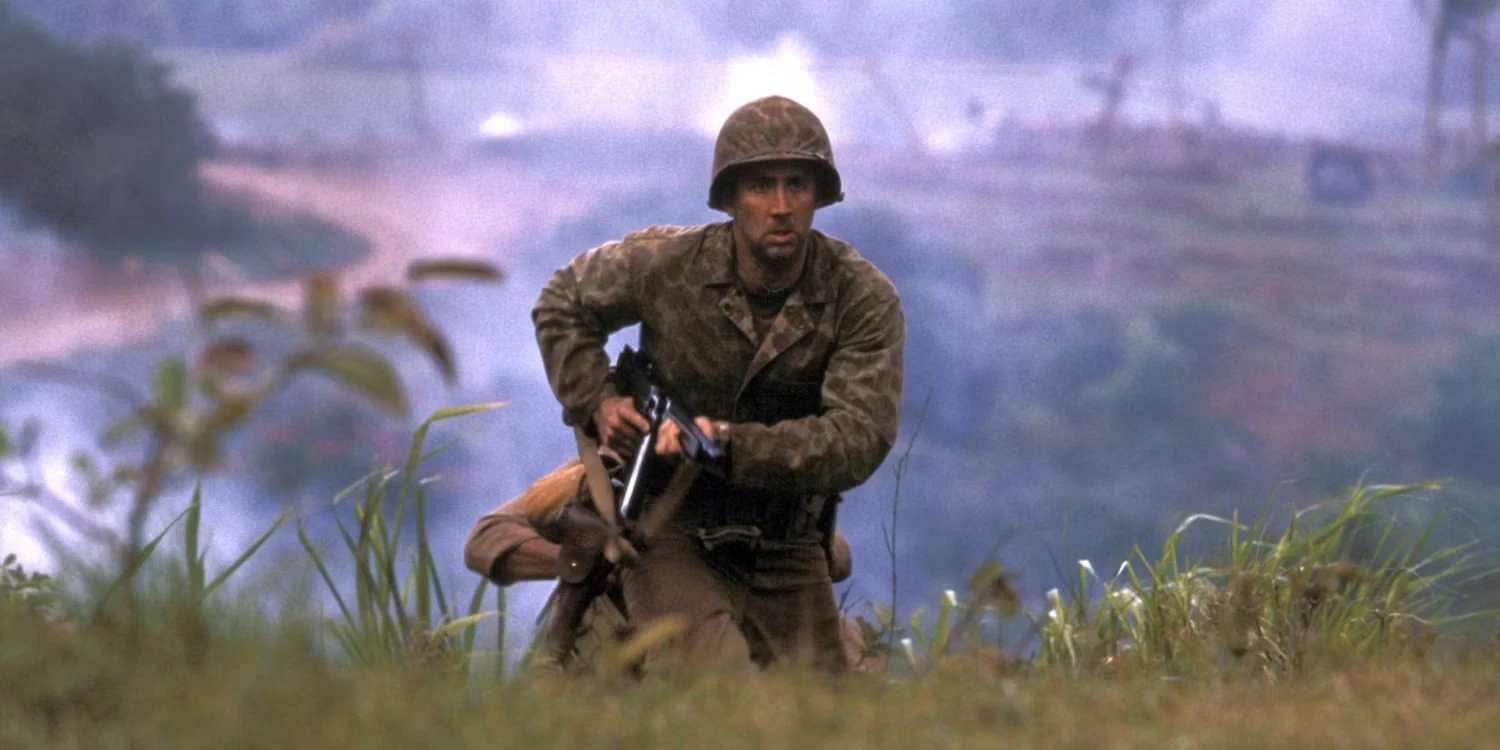
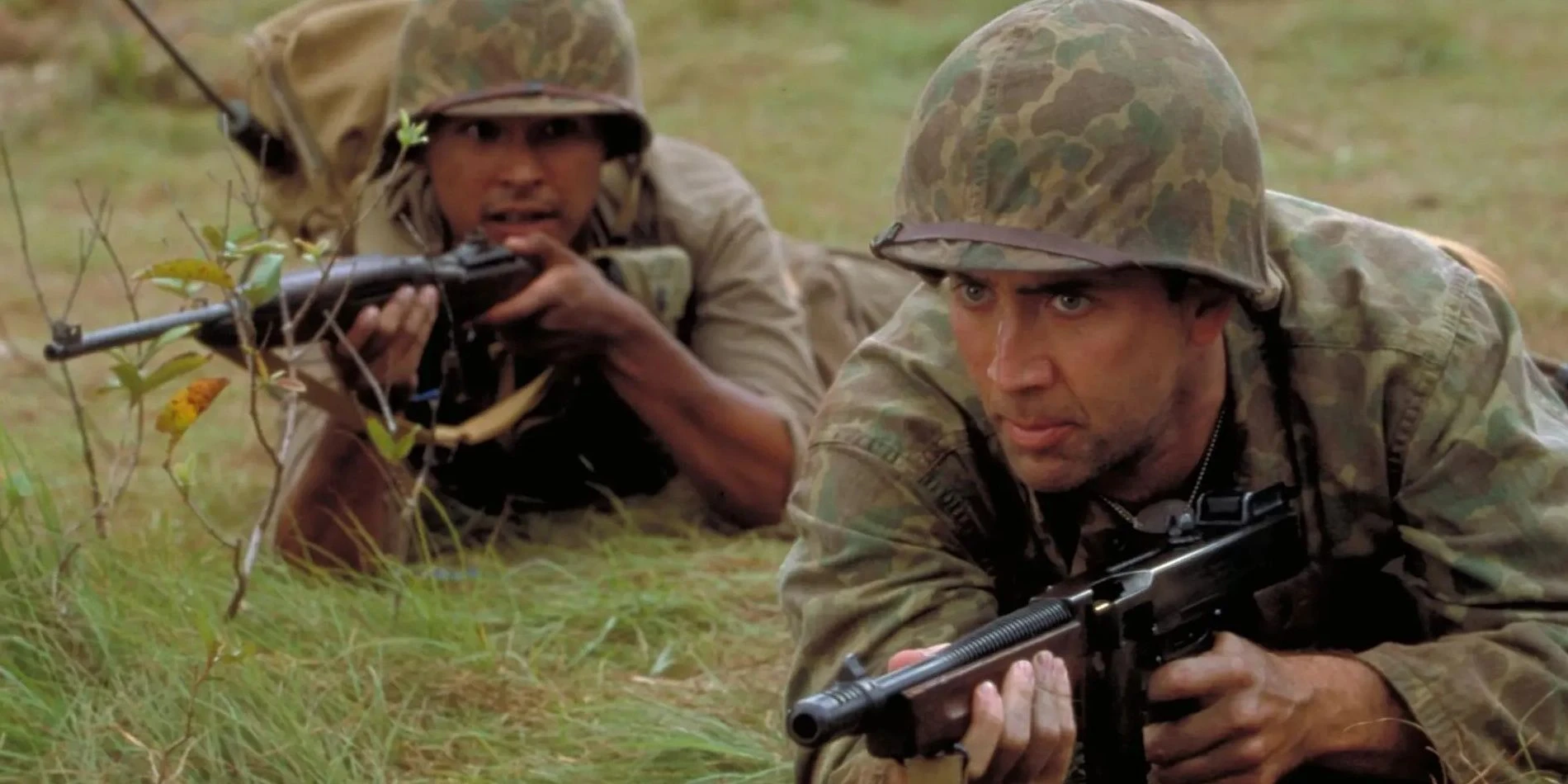
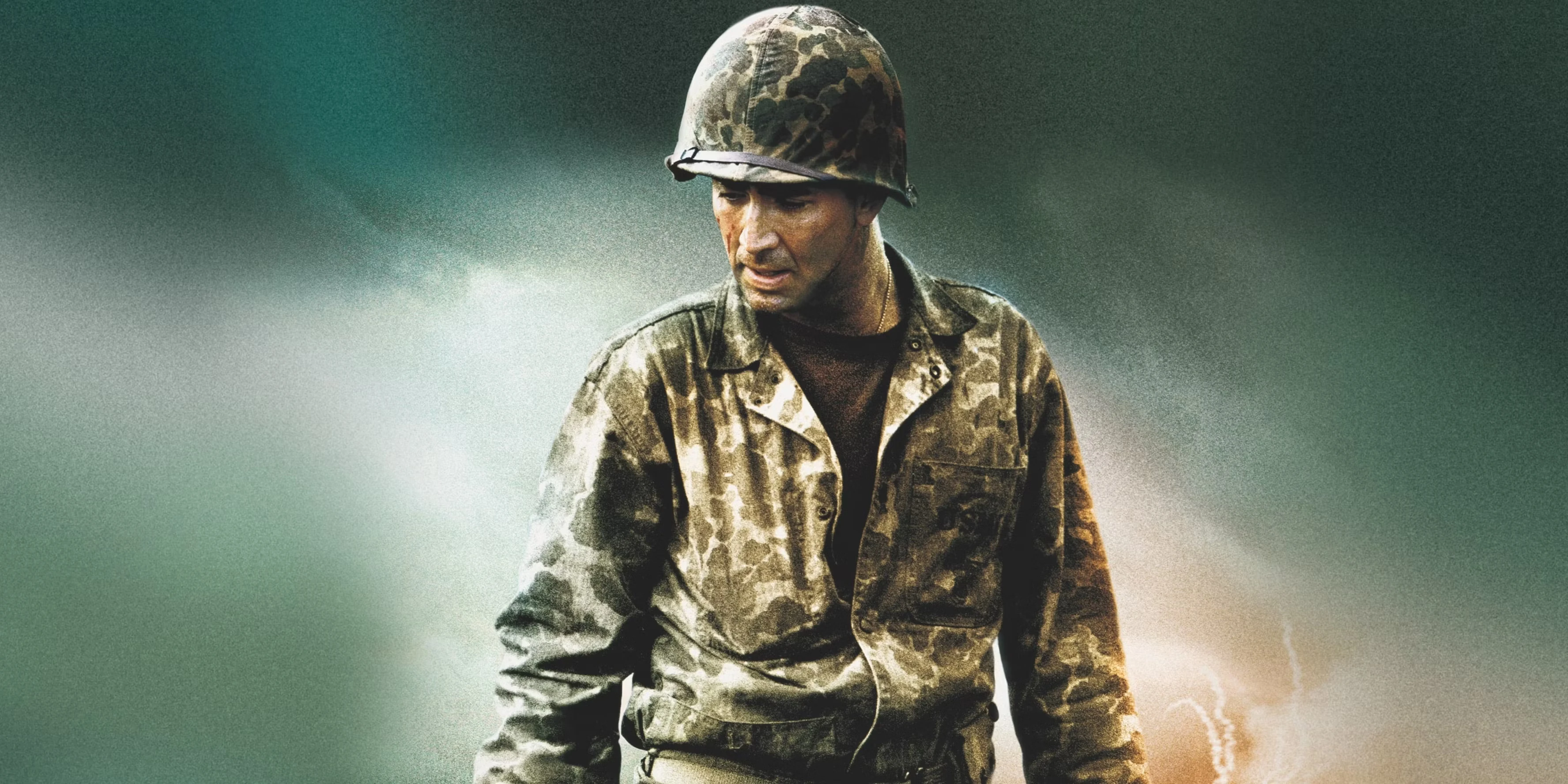
Released in 2002, Windtalkers predated a time when Indigenous American stories were frequently depicted in mainstream cinema. It deserves recognition for raising awareness about the Navajo code talkers and their crucial role in World War II. If made today, perhaps Beach’s character would be the central figure, emphasizing the story of the Navajo code talkers over action elements. Nevertheless, Windtalkers played a vital role in bringing the code talkers’ invaluable contributions to light.
Source: Insider
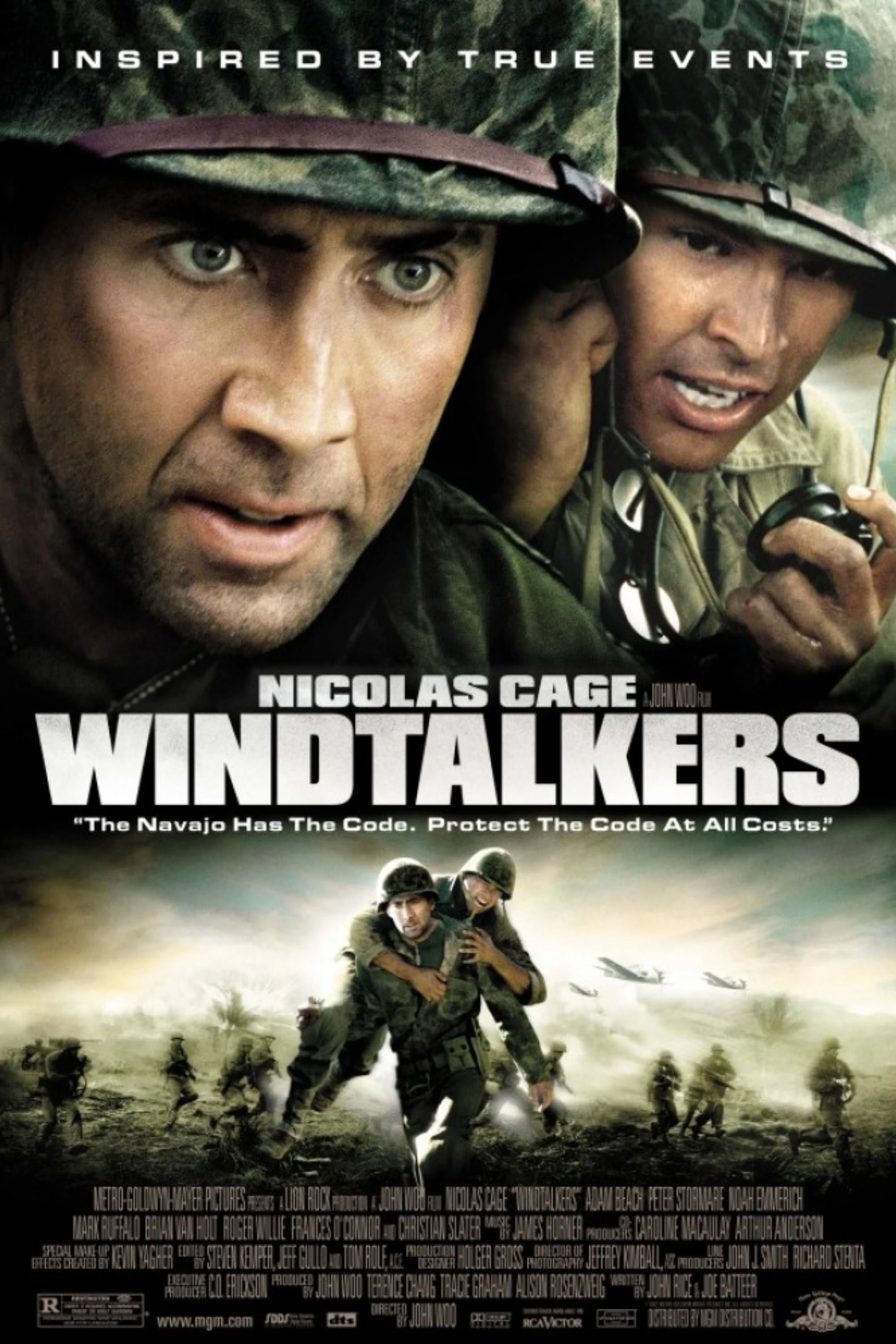
Windtalkers
- Action
- Drama
- History
- War
Windtalkers is a war film directed by John Woo, featuring Nicolas Cage and Adam Beach. Set during World War II, the film explores the use of Navajo code talkers by the US military to transmit secure messages. Cage plays a battle-weary Marine assigned to protect Beach's character, a Navajo code talker, highlighting themes of bravery, loyalty, and cultural identity amidst the chaos of war.

